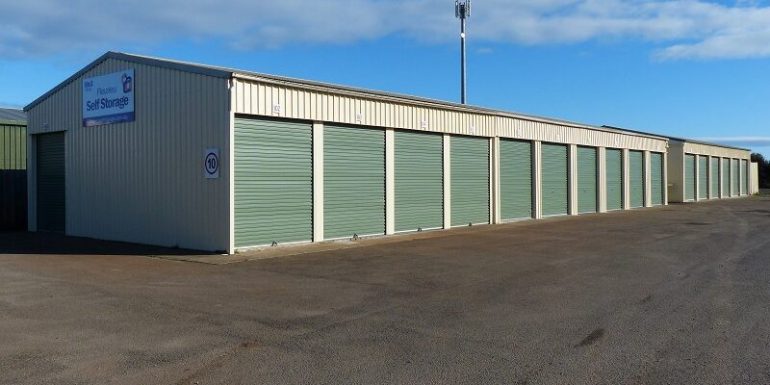Renting a climate-controlled storage unit can weigh more heavily on your pockets because of its higher fees. But the added cost can be well worth it when you want peace of mind about keeping your personal belongings in storage in good condition.
Protection from Extreme Temperature Fluctuations
In many states across the United States, the temperature fluctuations between seasons can be extreme – above 100° in summer and below freezing in winter. These will have negative effects on the quality of the items stored in units without climate control features. For example, wood furniture can warp, even crack, while electronic equipment can accumulate moisture in extreme heat.
Indeed, if you will be storing sensitive items like the following, then you should only consider a climate-controlled unit:
- Wood furniture and antiques
- Mattresses and upholstered furniture
- Musical instruments
- Electronics
- Valuable books, magazines, and documents
The climate-controlled unit should be kept at a temperature above freezing but below 80° or 90° for best results.
Stable Humidity Levels for Added Protection
Humidity control is also an important feature of a climate-controlled storage unit although it may also come with an extra cost. In most facilities, the base humidity is maintained at about 55% usually via manual adjustments.
Why the need for humidity control? Keep in mind that too much and too little moisture in the air can damage sensitive items. The hazards of too high and too low moisture levels include damage on the stored objects.
For example, too much moisture can result in rot, warp and cracks on wood furniture as well as mildew growth on foam and leather items. During the fall and spring season when the external humidity is higher, the humidity inside a non-climate-controlled unit will also rise.
This is also true when there’s too little moisture. Wood furniture can splinter during the summer and winter seasons, while electronics, wine and musical instruments can also be damaged.
Tip: If you’re storing items in a non-climate-controlled unit, you should open it on a regular basis to let air circulate and remove odors from the interior.
Protection against Dust and Debris
Typically, climate-controlled units are placed inside sealed and insulated buildings so there’s less chances of dust, dirt and debris from the outside getting to the units. There’s also less chance for pests like rats, mice and insects to make their home inside the storage units – unless, of course, you bring in these pests via your packed items.
Although not all storage facilities offer climate-controlled units, many of them do so be sure to ask the staff at Pods Storage about it. But if you’re only storing non-valuable items for a short time, then traditional storage will likely be sufficient for the purpose.

